
When a cat rubs against you, this is what it means
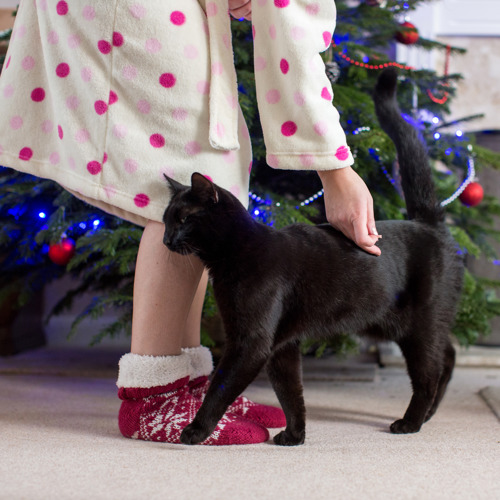
If you’ve ever had a cat head-butt your face, rub their cheek against your hand, or weave between your legs as you walk, you might have wondered what this quirky behavior really means.
At first, it can seem like your cat is trying to trip you up or invade your personal space, but in truth, this is one of the sweetest ways a cat can show affection. Rubbing against you is your cat’s way of saying, “I like you. You’re part of my world.”
When your cat is happy, this rubbing behavior is often accompanied by purring, slow blinking, or even a little drooling if they’re especially content. It’s a physical and emotional gesture rolled into one—a mix of comfort, ownership, and love.
🐾 Why Does My Cat Rub Against Me?
There isn’t just one reason behind this behavior. Cats rub on people (and sometimes furniture, doors, or even the dog) for several overlapping reasons—some emotional, some instinctive.
1. They’re Saying Hello
Rubbing their head or body on you is often a friendly feline greeting. Cats use this behavior to acknowledge you as a trusted companion—similar to how they’d greet another cat they like.
You might notice this especially when you come home after being away for a while. Your cat may rush over, tail up, and rub along your legs as if to say, “You’re back! I missed you.”
Even friendly stray cats sometimes rub against strangers’ legs when saying hello, though it’s wise to be cautious before petting them. Among cats, rubbing together is also a bonding ritual that signifies trust and acceptance within the same social group.
2. They’re Marking You as Safe
Cats are incredibly scent-oriented. They have scent glands on their cheeks, chin, forehead, and the base of their tail that release pheromones—chemical signals that help them communicate safety, territory, and familiarity.
When your cat rubs their head or body on you, they’re marking you with their scent. To them, this is a comforting way to say, “You belong in my circle.” These pheromones act as emotional anchors—reminding your cat that you are part of their safe space.
However, these scents fade over time, so your cat will need to “reapply” them by rubbing against you again. Cats living in multi-cat households do the same thing with each other to create a shared family scent, which helps them recognize who’s part of the group and who’s an outsider.
3. They Want Your Attention
Sometimes rubbing is your cat’s polite (or not-so-polite) way of saying, “Hey, notice me!”
They might do it when they want:
-
Fuss or petting
-
Food or treats
-
Playtime or stimulation
-
Access outdoors
If you consistently respond by giving them what they want, they’ll quickly learn that rubbing works—and they’ll keep doing it. That’s fine for affection or play, but be cautious about giving in every time they demand food. Instead, stick to their daily allowance and redirect attention-seeking to play or cuddles to help prevent weight gain.
If your cat is rubbing against you because they want to go outside, you might consider investing in a cat flap. Otherwise, be prepared to serve as your cat’s personal doorman on demand!
4. They’re Ready to Mate
Unneutered female cats in heat (their reproductive cycle) can become unusually affectionate. They may rub against you, furniture, or other animals far more than usual, often accompanied by restlessness, increased vocalization, and tail-lifting behavior to signal their readiness to mate.
This phase can be stressful for both cat and owner, but the behavior is completely natural. The best way to prevent unwanted mating behavior—and protect your cat’s health—is to have them spayed or neutered.
🐱 My Cat Is Rubbing Against Me Constantly—Should I Worry?
In most cases, rubbing against people, objects, and other cats is entirely normal and healthy. It’s one of the most common ways cats express social bonding and comfort.
However, if this is new behavior for your cat, or if they’ve started rubbing much more frequently or aggressively, it’s worth consulting your vet. Sometimes excessive rubbing can be linked to:
-
Allergies or skin irritation
-
Fleas or mites
-
Ear infections
-
Feline hypersensitivity disorder
-
Neurological (brain) conditions
A quick vet check can rule out medical causes and ensure your cat’s well-being.
😼 Why Does My Cat Rub Against Me and Then Bite?
This seemingly mixed signal can be confusing! Usually, when a cat rubs and then bites, they’ve become overstimulated or overexcited.
Cats are natural hunters, and when they don’t have a proper outlet for that energy—like interactive toys or playtime—they might redirect that pent-up hunting instinct toward you. The “bite” is often gentle or playful, but it can still hurt.
You can reduce this behavior by:
-
Providing daily play sessions using wand toys or catnip mice.
-
Watching for early signs of overstimulation, such as tail flicking or ears turning back.
-
Gently stopping petting sessions before your cat reaches their limit.
💬 Final Thought
When your cat rubs against you, they’re not just asking for attention—they’re speaking a secret feline language of affection, trust, and belonging.
It’s their way of saying: “You’re part of my world.”
So next time your cat head-butts your face or winds around your legs, take it as the compliment it is—a tender reminder that you’ve truly earned your place in their heart.
News in the same category


What Your Pile of Dirty Dishes Might Really Be Saying About You

Scientists Claim Black Hole Could Explode in the Next 10 Years—with 90% Certainty

9 Signs Your Partner Is Trying To Get Closer To You That You Might Not Realize
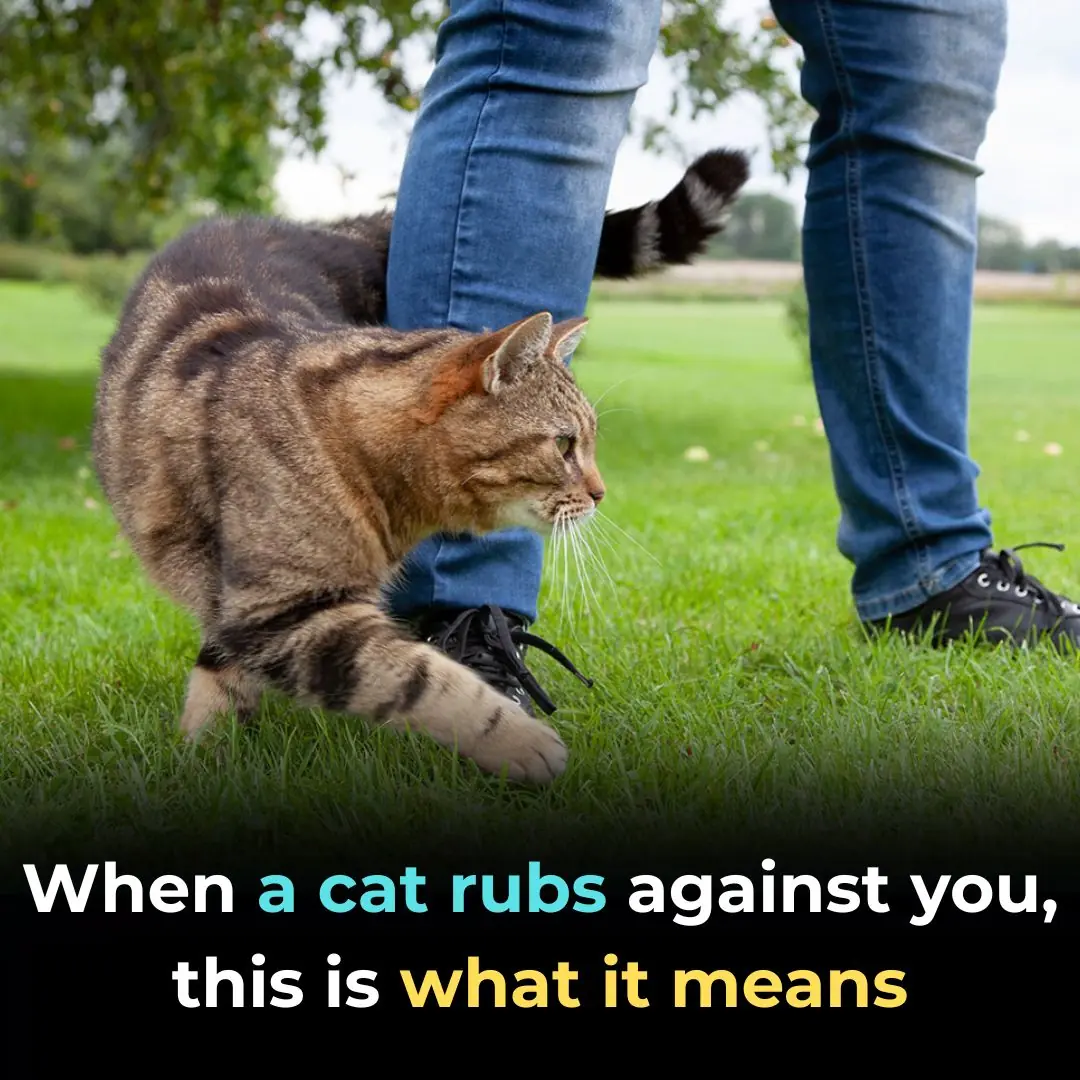
When a cat rubs against you, this is what it means
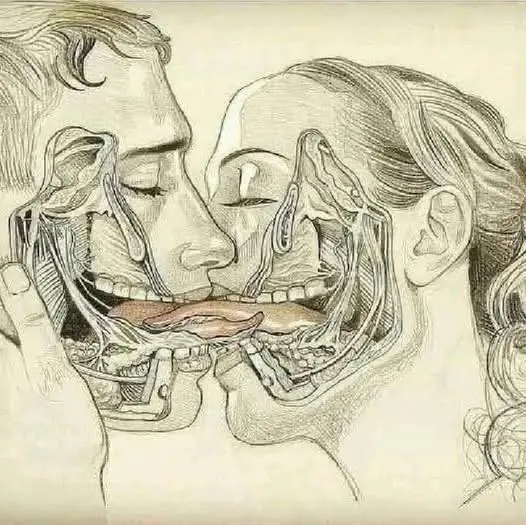
WHAT HAPPENS WHEN WE TONGUE KISS…See more

What makes a man leave his wife for another woman

How to Hold and Handle an Urn with Ashes: 3 Things You Should Always Remember
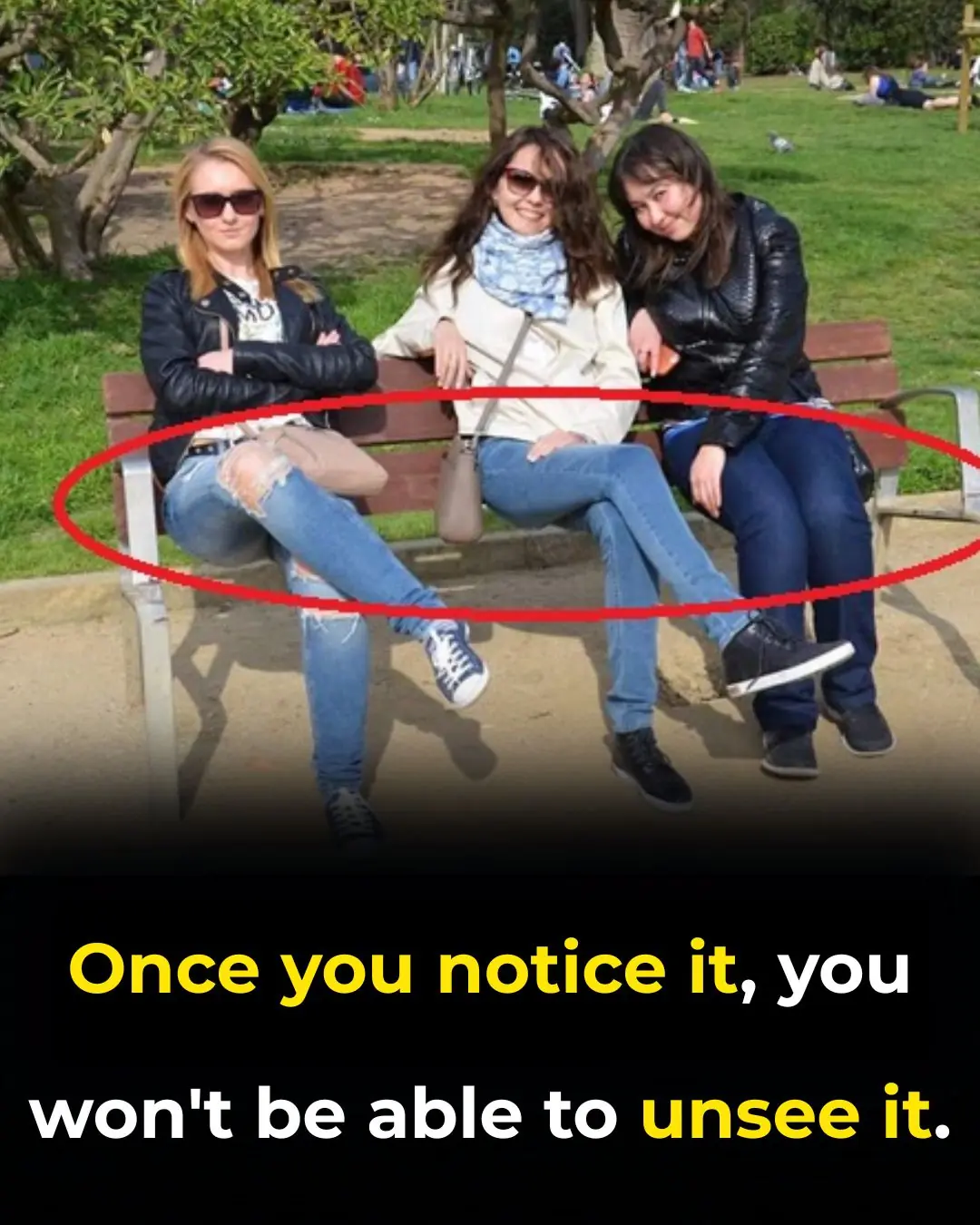
Can You Spot The Problem With This Picture

9,000 Mysterious Underwater Objects Detected Along US Coastlines Spark Navy Alarm

Ladies, when a man doesn’t appreciate you, DO THIS ...
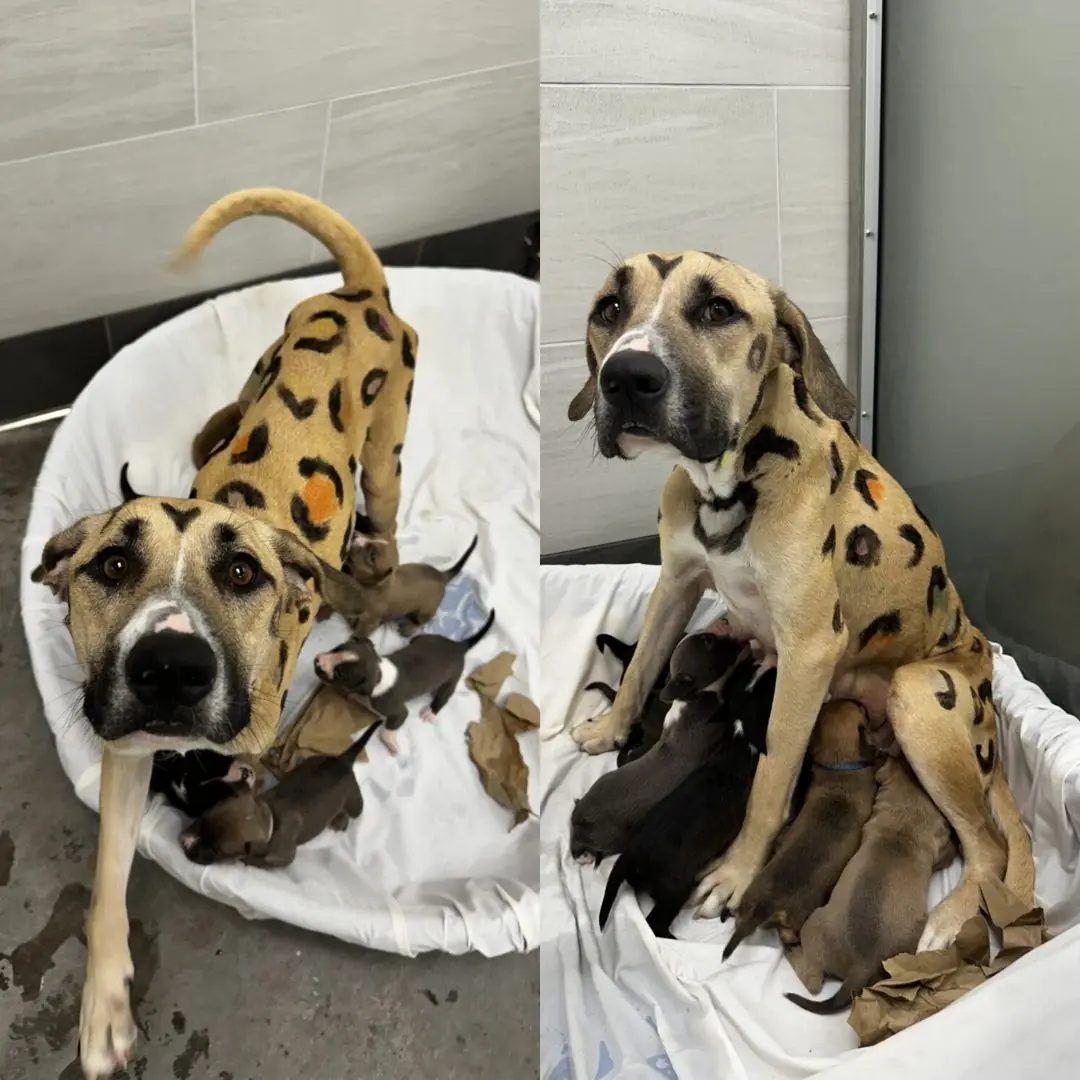
Investigator Finds Dog Tied Up Under Scorching Sun, Marked with Leopard-Like Spots
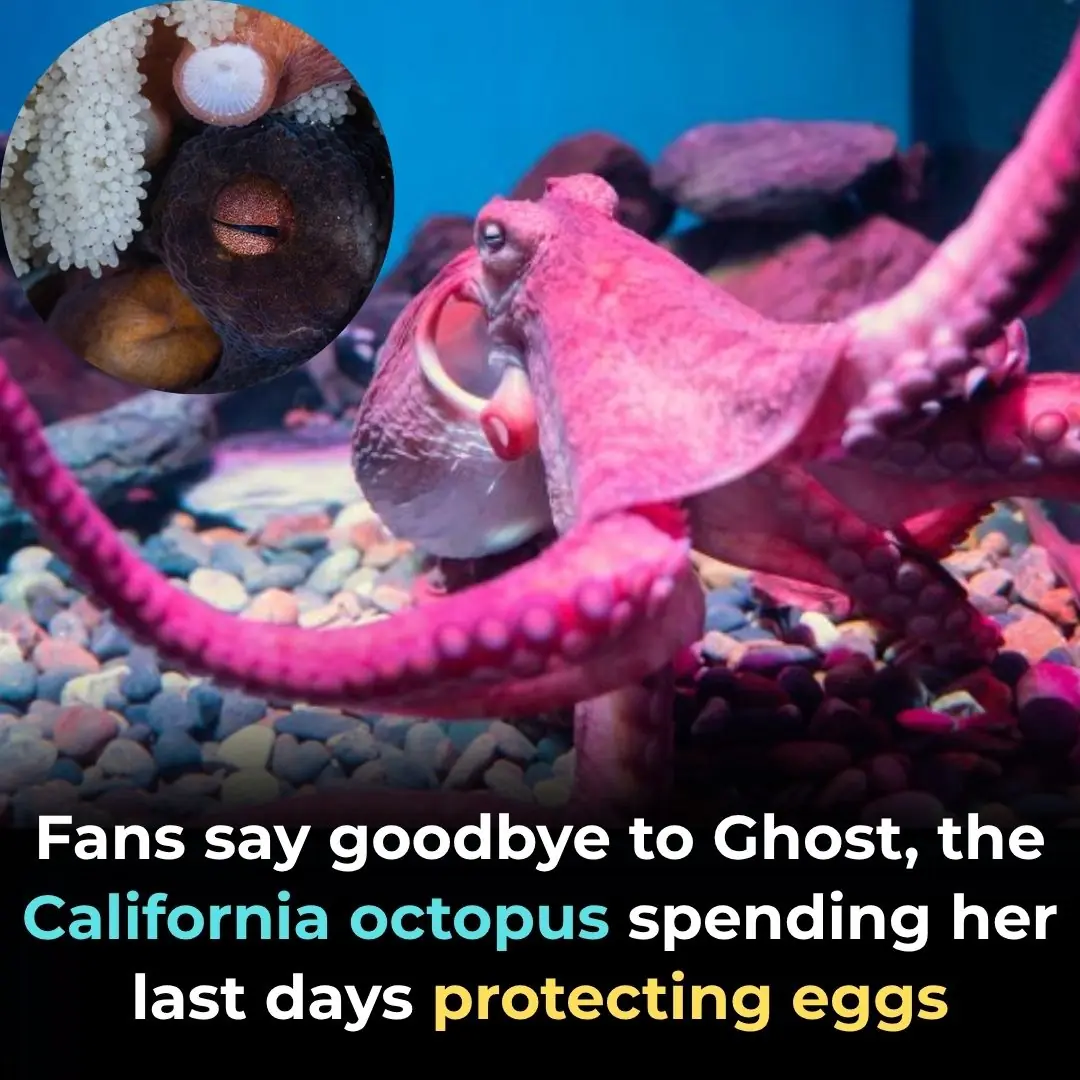
Ghost the Giant Pacific Octopus Captures Hearts in Her Final Moments

How China is Reshaping Online Influence Through New Rules

5 Extremely Harmful Cooking Oil Habits That Slowly Poison Your Body

How often should you shower
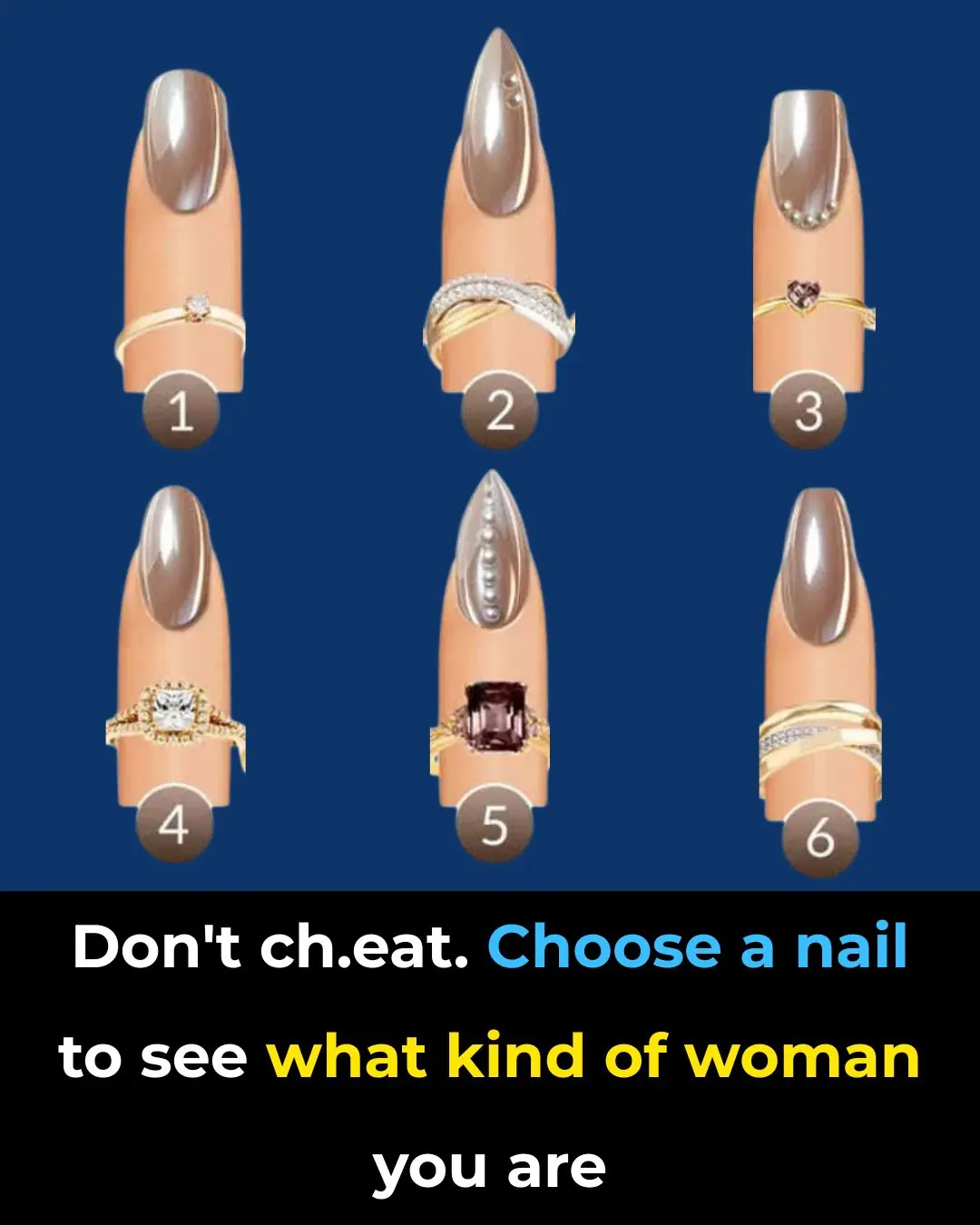
Choose a Nail to Discover What Kind of Woman You Are

Never Do These 15 Things for a Man (Even If You’re Madly in Love With Him)

Adam Sandler Sends Heartfelt Flowers to Jennifer Aniston EVERY Year On a Specific Day and Here’s Why
News Post

Eating Steamed Sweet Potatoes Every Day: A Woman Shocked by Her Liver Test Results

Warning Signs You Should Never Ignore: The Silent Symptoms of a Brain Aneurysm

Model Loses Both Legs After Toxic Shock Syndrome From Everyday Tampon Use

Before And After: Woman With Extreme Lip Enhancements Reveals Old Look

Tragic End: Georgia O’Connor Passes Away Weeks After Wedding Amid Medical Neglect

DIY Survival Water Filter: A Simple Life-Saving Tool You Can Make Anywhere
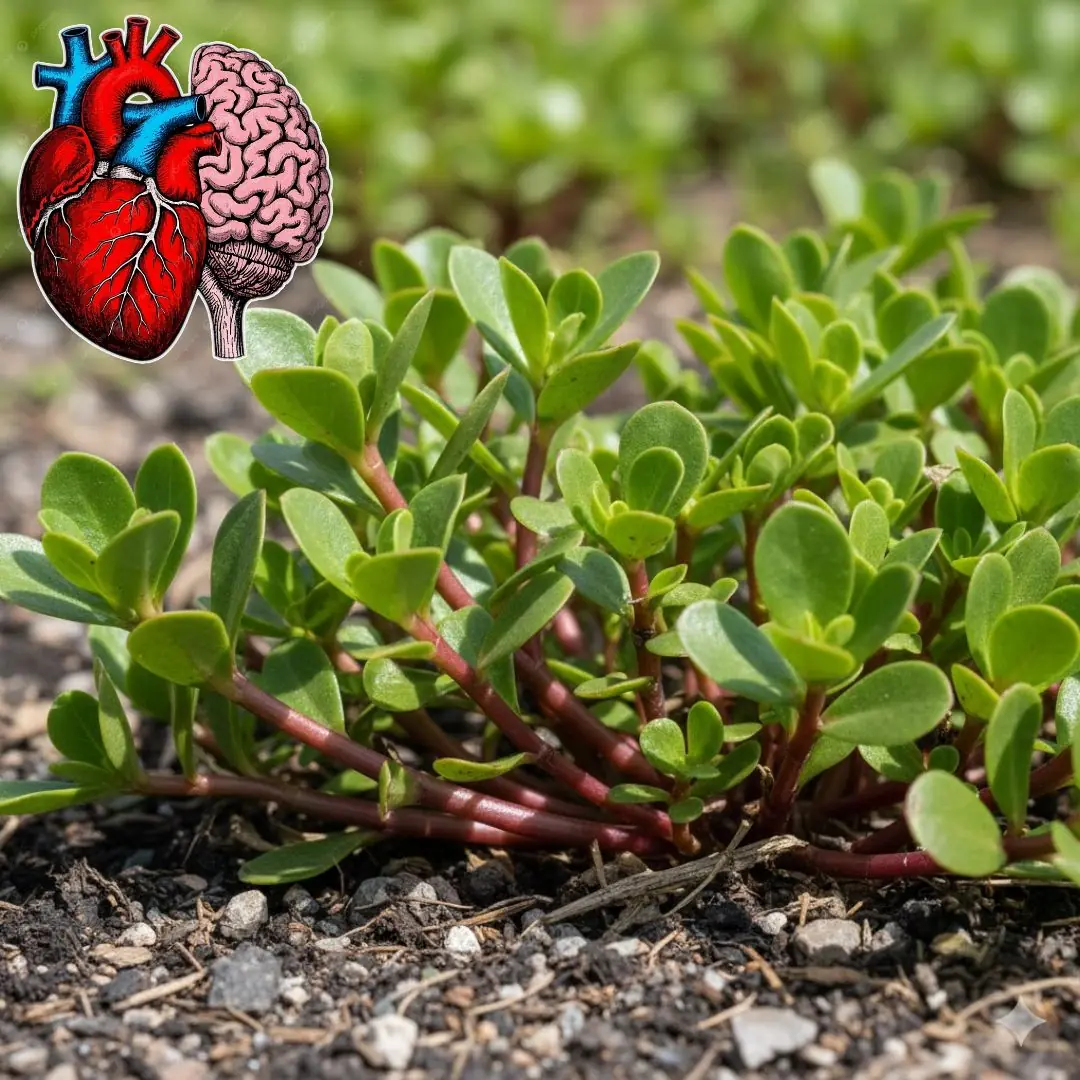
30 Powerful Reasons You Should Stop Ignoring Purslane

Why drinking your sugar is more harmful for diabetes than eating it, study finds

You are doing it all wrong. Here’s the right way to store leftovers

Zodiac Signs Most Likely to Have Prophetic Dreams

Ivy and Vinegar: A Safe and Natural Spray to Keep Pests Off Your Garden
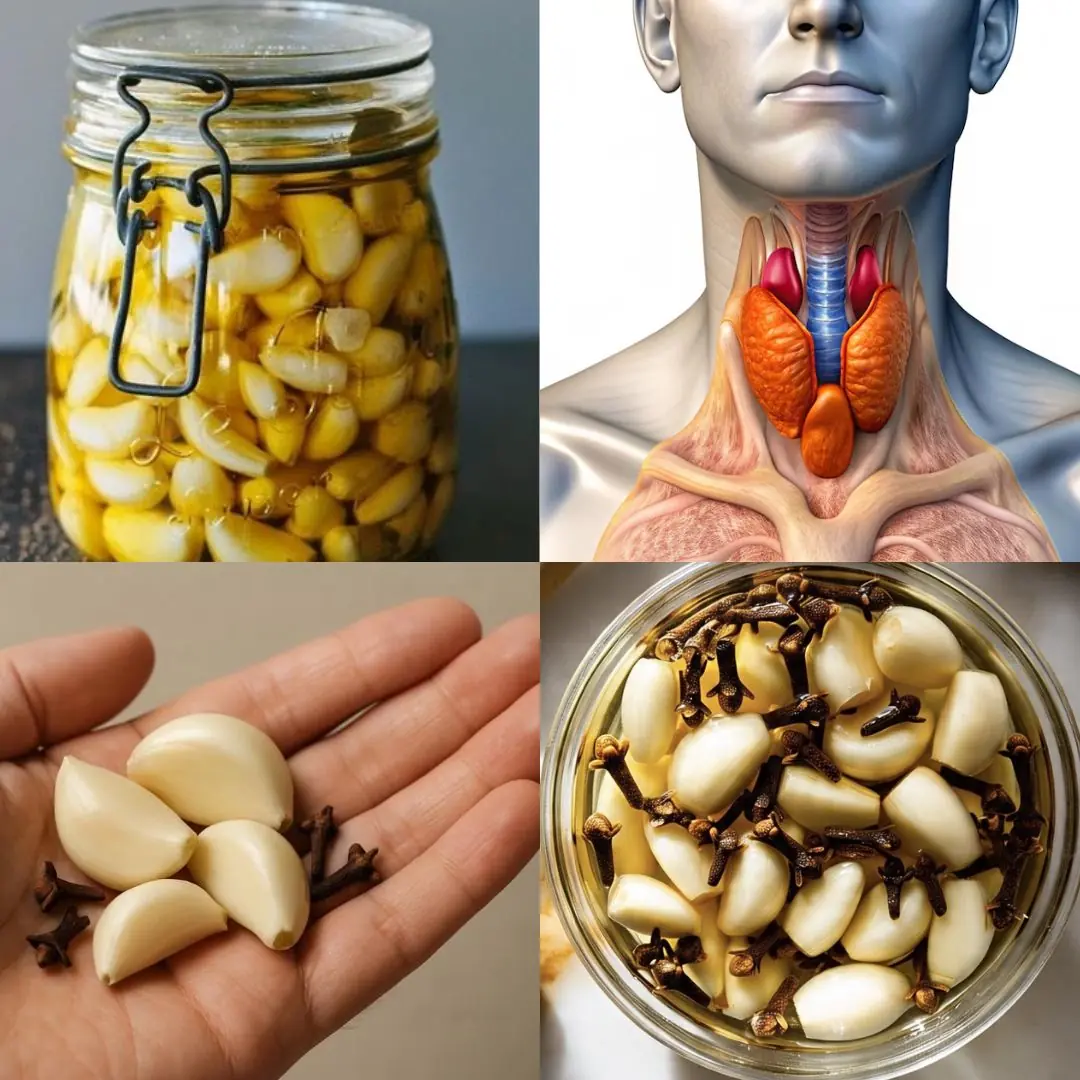
Garlic, Honey, and Cloves – a powerful natural remedy packed with health benefits
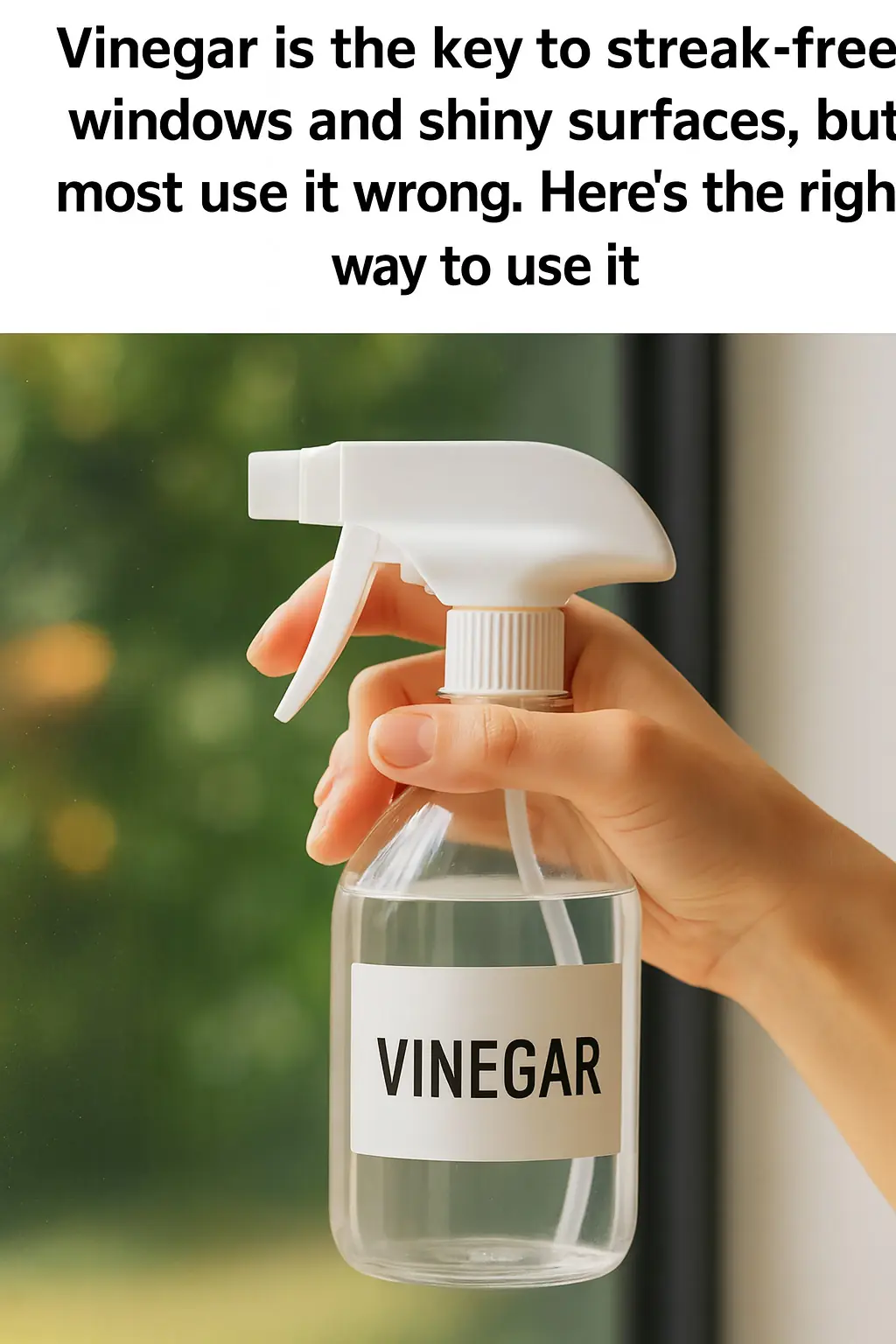
Vinegar is the key to streak-free windows and shiny surfaces, but most use it wrong. Here's the right way to use it

Haven't heard that before
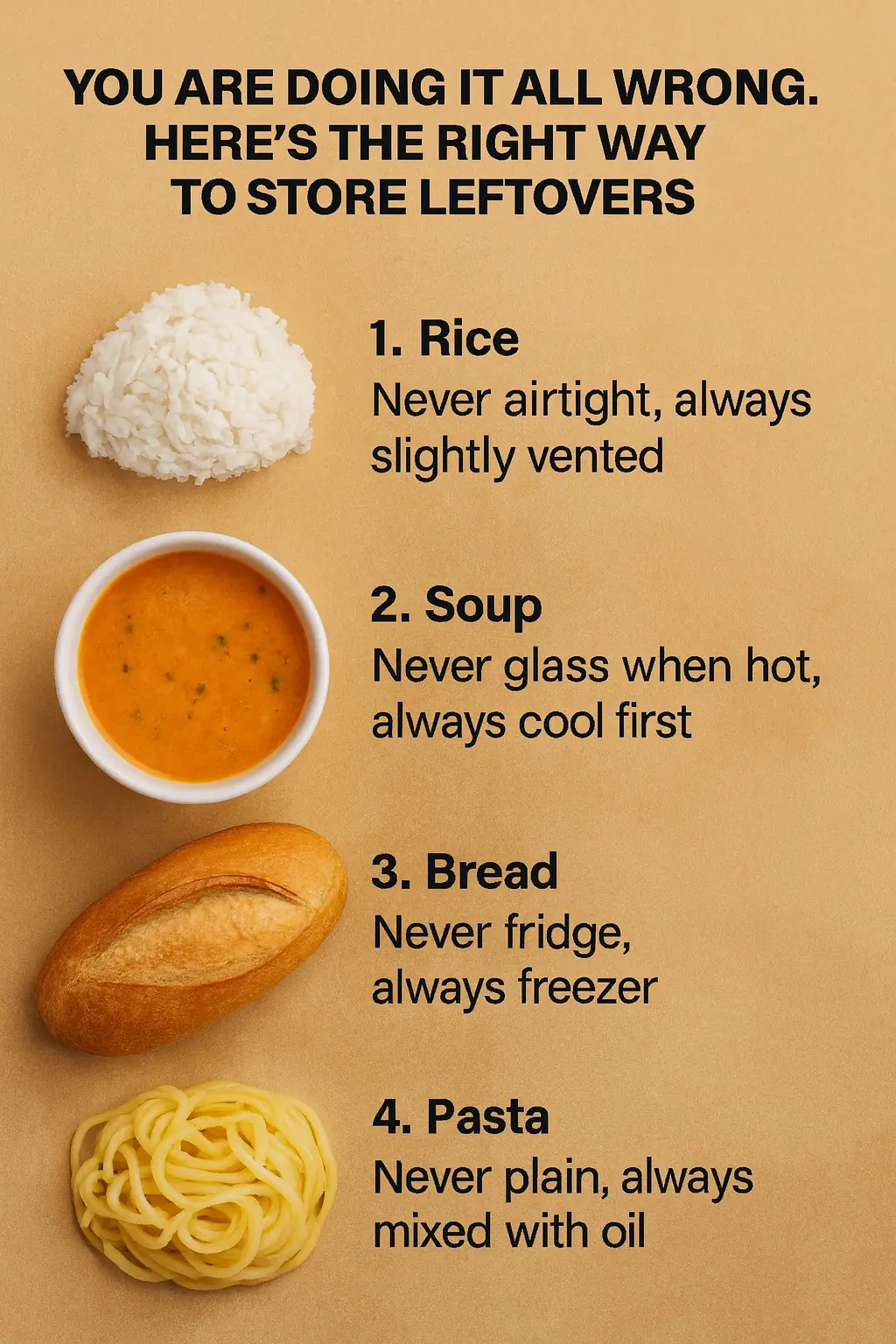
You are doing it all wrong. Here’s the right way to store leftovers

10 genius tricks to revive your garden patio
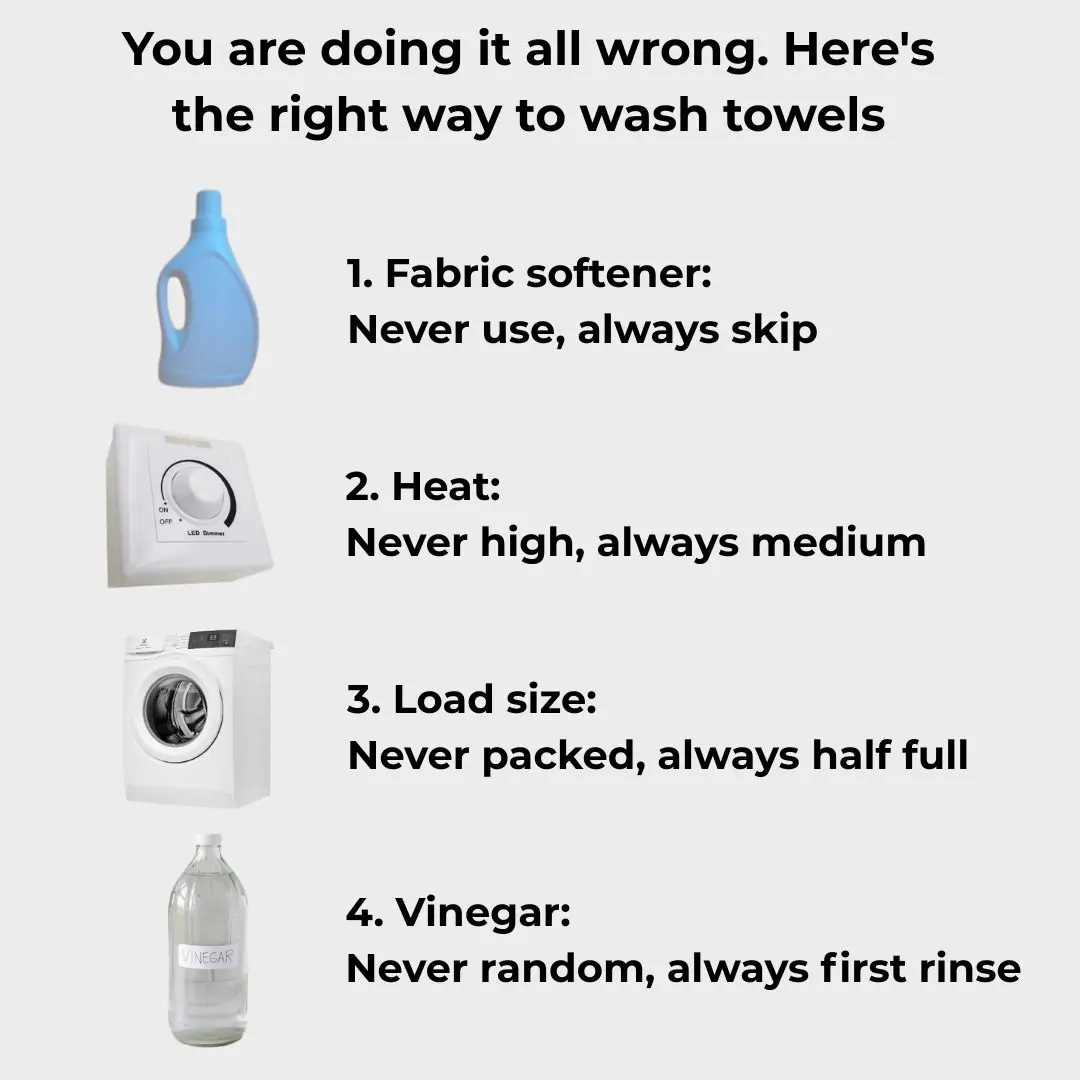
You are doing it all wrong. Here’s the right way to wash towels
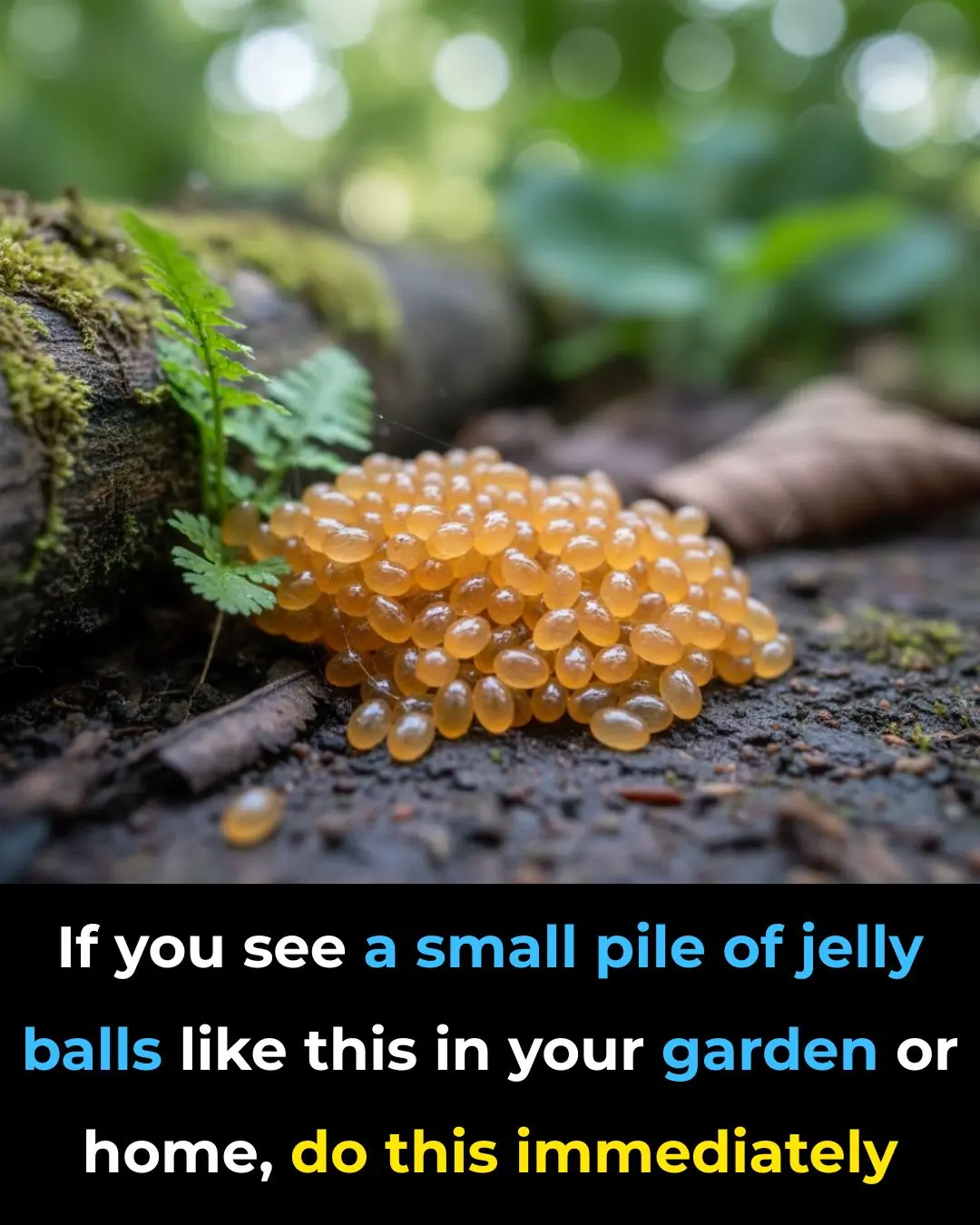
They look so harmless
